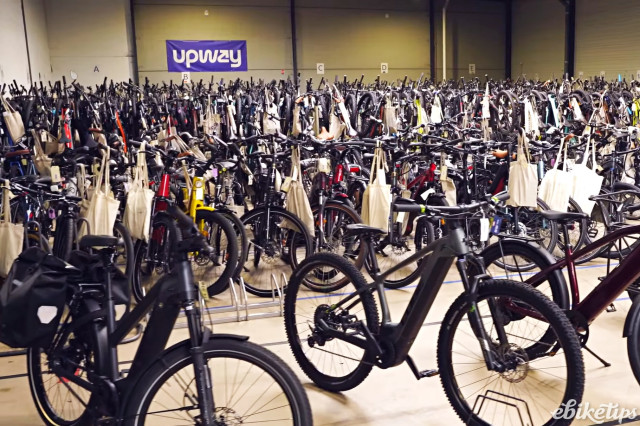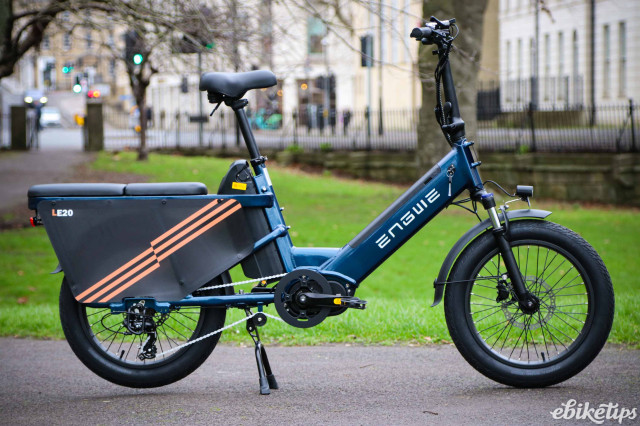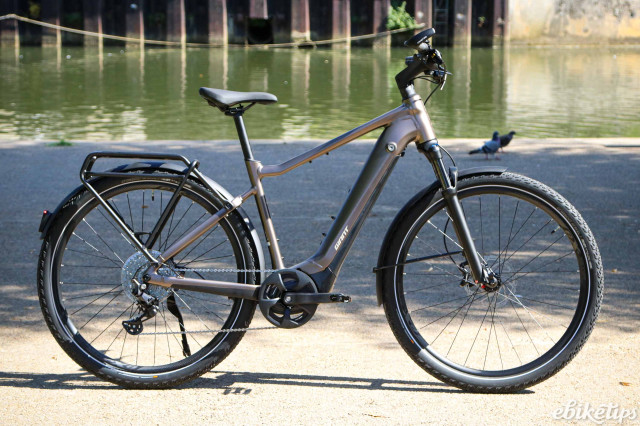The Dutch love affair with the bicycle has turned electric, as sunny weather, increased consumer spending and a heightened interest in e-mobility products last year led to the e-bike's market share growing from 31% in 2017 to 40% in 2018 - making e-bikes the Netherlands' new most popular bike flavour.
Helmet laws changed to accomodate e-bikes in the Netherlands
For the first time in four years over a million bikes were sold in the Netherlands, but e-bikes accounted for two thirds of the sales. This suggests the Dutch are willing to spend good money on a more versatile and useful mode of transport such as an e-bike, with the average bike spend being 1,207 euros (up 18% on the previous year). Three years ago experts claimed e-bike sales had reached saturation point in the Netherlands, but 2018 proved those predictions to be wrong.
Wouter Jager, chairman of the bicycle section of the Dutch industry association RAI who published the figures, said: "The e-bike will become the new standard.
“Looking at last year’s market statistics we expect that e-bike sales while continue to grow in the Netherlands. Not only are older people cycling more often and at ever-increasing ages, but also the number of kids going to school as well as commuters is increasing. Traffic congestion and air pollution caused by cars are at the forefront of the public's concerns in the Netherlands, so more and more people are choosing environmentally-friendly means of transport. For a lot of people the e-bike is the sustainable choice. We do expect eventually that nearly all bicycles in the Netherlands will be electric, expect for certain categories, like kids and sports bikes.”
Will this ever happen in the UK?
An average UK cycle commute of 44 minutes and car commute of 52 minutes according to TUC trade union research suggests there is much scope to get a greater proportion of these commuters (particularly the latter we hope) onto e-bikes; research published in Bike Europe last summer also suggested high-end e-bikes are currently the 'shining light' of UK bike sales, with a 20% growth in imports between 2016 and 2017 and a growth in specialist e-bike retail stores. Any stint in growth may point to our lack of cycling infrastructure; and indeed a survey of 7,600 UK adults published by Decathlon last year revealed that 21% said they were too scared to cycle on the roads. Only 7% of those surveyed cycled to work, while 30% of Dutch commuters do so. Similarly the Netherlands is seeing a sharp drop in speed pedelec sales (e-bikes with motors that kick out more than 250W of power) because riders are not allowed to use the extensive cycle network and instead must share the road with cars. Wouter Jager says: “This limits the sale of speed pedelecs as people don’t feel comfortable sharing the road with cars which drive at a much higher speed. The potential of speed pedelecs is huge as 61% of the Dutch people live less than 15 kilometers from where they work. For a lot of these people, the speed pedelec is a reasonable alternative for their current mobility."







